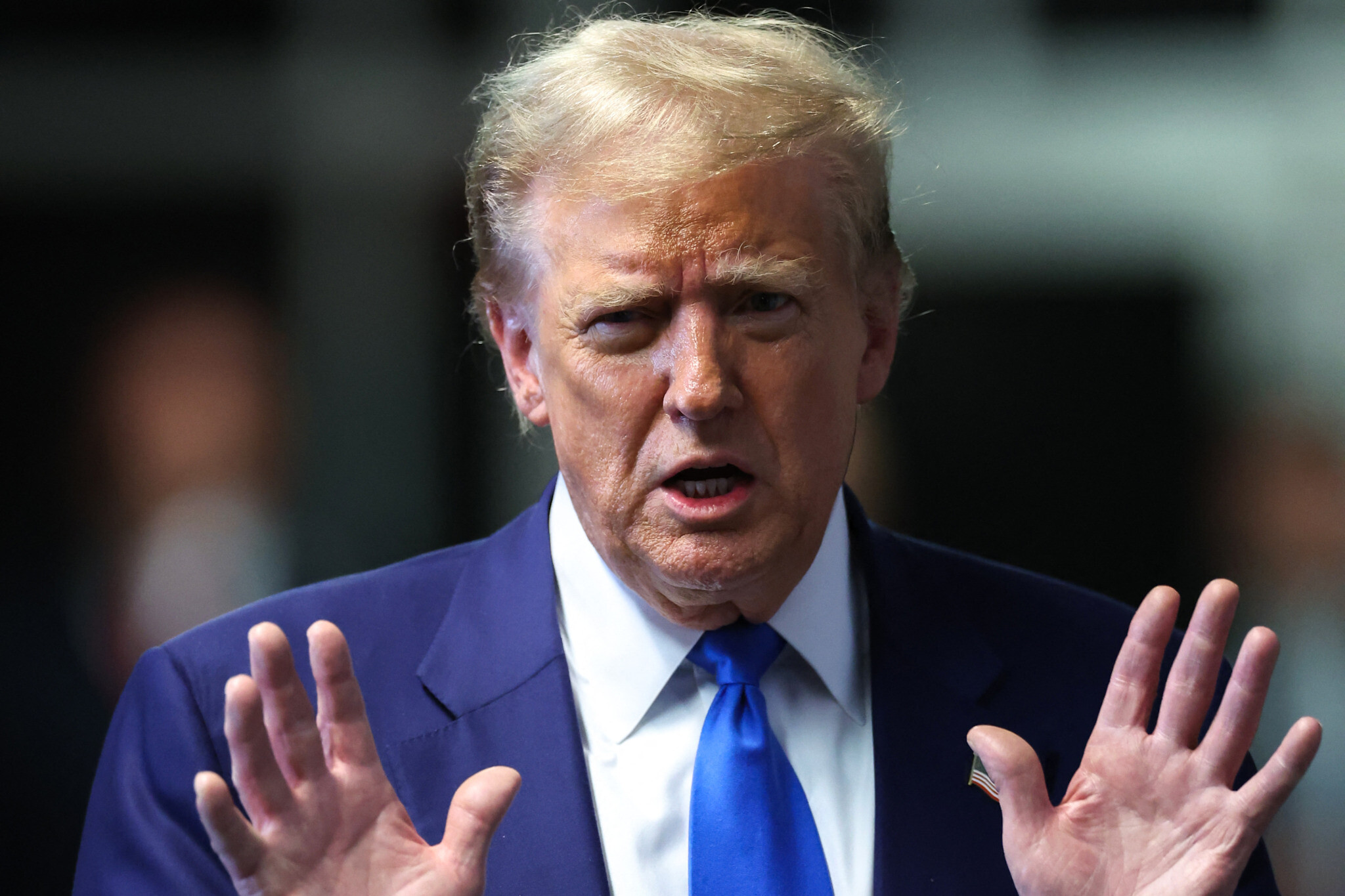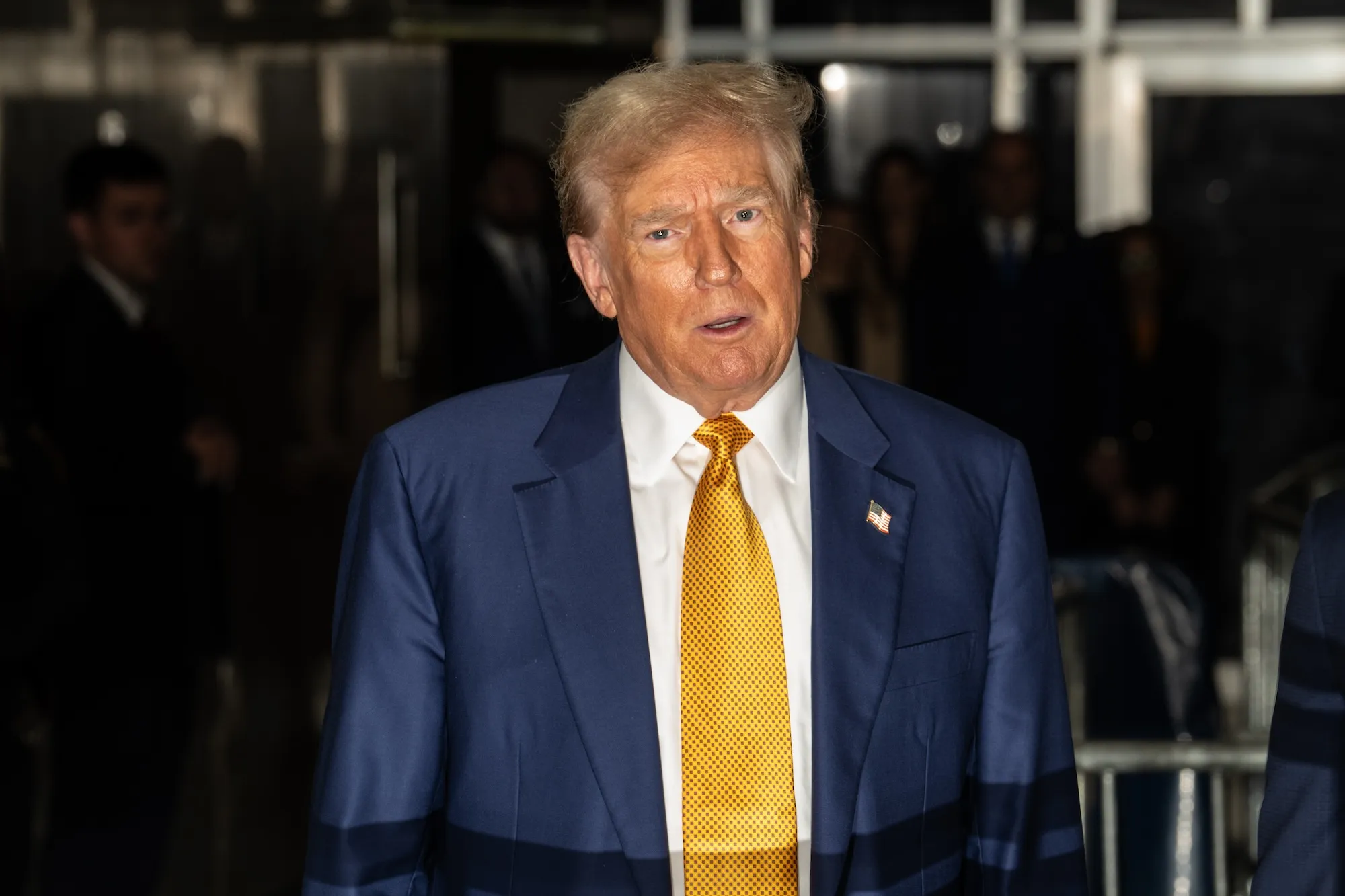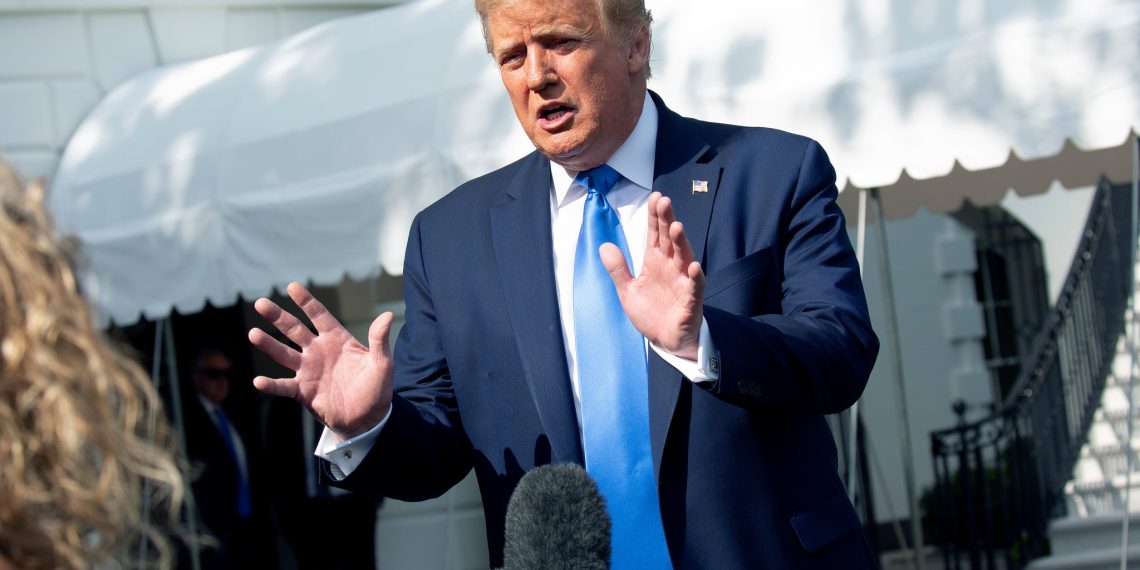Former President Donald Trump stirred controversy by likening President Joe Biden‘s administration to the Gestapo, the infamous Nazi police force, during a private address to donors at his Mar-a-Lago resort in Florida.
Trump’s remarks, which were heard by U.S. media outlets, came amidst his ongoing legal battles, including a hush money trial in New York.
Accusing prosecutors of politically motivated indictments, Trump labeled the administration as running a “Gestapo administration,” suggesting it was their only means of winning.

Despite the gravity of his comparison, the Trump campaign remained silent in response to media inquiries.
The White House swiftly responded, with spokesman Andrew Bates contrasting Biden’s leadership with Trump’s rhetoric.
Bates accused Trump of echoing fascist rhetoric and fostering conspiracy theories, contrasting it with Biden’s focus on democratic values and law enforcement.
Trump’s history of controversial statements and policies has drawn criticism from various quarters, including civil rights groups and historians.
His inflammatory rhetoric, including labeling immigrants as “rapists” and equating white supremacists with counter-protesters, has fueled debates on political discourse and polarization in the country.

The Jewish Council for Public Affairs condemned Trump’s comparison, denouncing it as offensive and despicable, especially given Trump’s history of normalizing antisemitism.
Despite facing legal challenges and criticisms, Trump remains a polarizing figure in American politics, with speculation about his potential candidacy in future elections.
His divisive language continues to elicit strong reactions, underscoring the ongoing debates about democracy, free speech, and the boundaries of political discourse.





